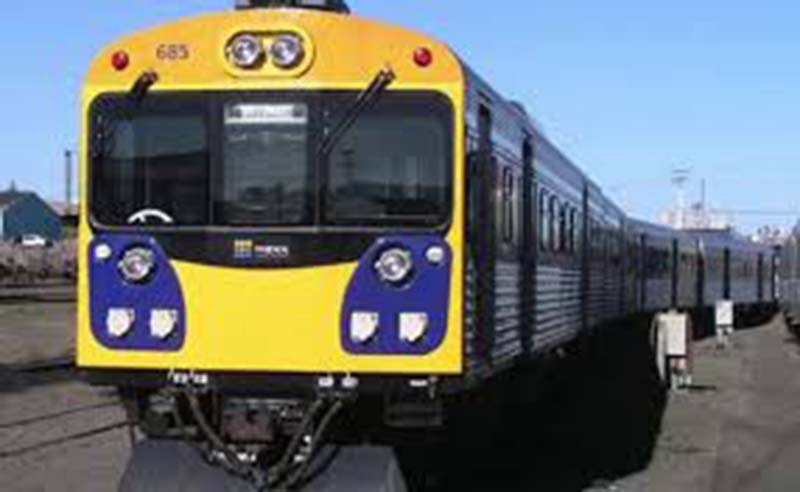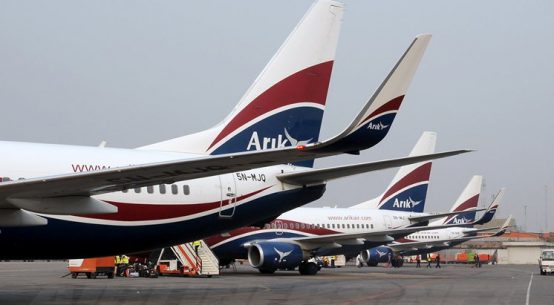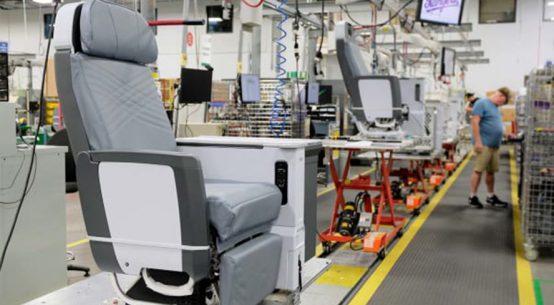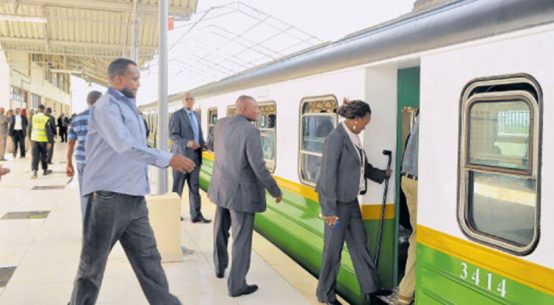
Maputo — Mozambican Transport Minister Carlos Mesquita declared on Wednesday that the Metrobus integrated transport project in Greater Maputo will transport 3.6 million passengers in 2018, and will reduce rush-hour congestion on the main roads into and out of the capital.
Speaking in the Mozambican parliament, the Assembly of the Republic, and answering questions from deputies on urban public transport, Mesquita explained that Metrobus is a combined road and rail operation. It will start with four second-hand railcars, imported from New Zealand, each with four carriages and the capacity to carry up to 1,100 passengers per journey.
These railcars will unload their passengers at Maputo central station, where they will immediately board buses taking them to other parts of the city. 93 buses are already available in Maputo for the project – 60 large buses with 50 seats, 30 medium sized buses with 30 seats, and three buses for the transport of physically disabled people.
 Metrobus, Mesquita said, will start in December, with the railcars running between Maputo and the neighbouring city of Matola. A second phase will begin in July 2018, expanding the scheme to Marracuene and Boane districts.
Metrobus, Mesquita said, will start in December, with the railcars running between Maputo and the neighbouring city of Matola. A second phase will begin in July 2018, expanding the scheme to Marracuene and Boane districts.
The third and final phase, beginning in November 2018, will take Metrobus to Manhica district, 80 kilometres north of Maputo, and to Goba and Ressano Garcia, on the borders with Swaziland and South Africa.
Among the advantages of the scheme, Mesquita claimed, would be a reduction in fuel consumption, and in atmospheric pollution, and reduced pressure on road transport. He believed Metrobus would make public transport “more efficient, dignified and safer”.
Metrobus, he added, is financed entirely by the private partner, the company Fleet trail, which will also pay a fee to Mozambique’s publicly owned port and rail company, CFM, for use of its rail tracks.
A further move to improve passenger transport, the Minister said, was a memorandum of understanding signed in April with the Mozambican Federation of Road Transport Associations (FEMATRO), under which the government ceases to pay monetary subsidies to private operators and provides them with 300 new buses instead.
The first 145 of these buses will arrive in Maputo in December. The package includes insurance and guaranteed maintenance services for five years.
A cooperative of private operators, supported by the government’s Transport and Communications Fund (FTC), is already operating 50 buses on two routes that run from parts of central Maputo to the outlying neighbourhood of Zimpeto.
Mesquita regarded this pilot project as highly successful, since in almost two years of operations (since January 2016) all 50 buses are still on the roads and are “in excellent technical condition”. The waiting times at the bus stops along these routes had fallen, and since the scheme began the number of passengers carried has risen from 15.000 to 35,000 a day.
Earlier this month, 80 buses had arrived from China to boost the fleets of the municipal bus companies. Some of these buses will operate in the Maputo Metropolitan Area, said Mesquita, and some will be dispatched to other provincial capitals.
Explaining the government’s decision to set up a Maputo Metropolitan Transport Agency, Mesquita said: “an integrated and coordinated transport system needs a technical body responsible for coordination and planning”. Among the Agency’s tasks would be to manage contracts that would lease out routes along the inter-municipal corridors, and to carry out market research and studies on fares “to ensure the viability of urban public transport operations”









